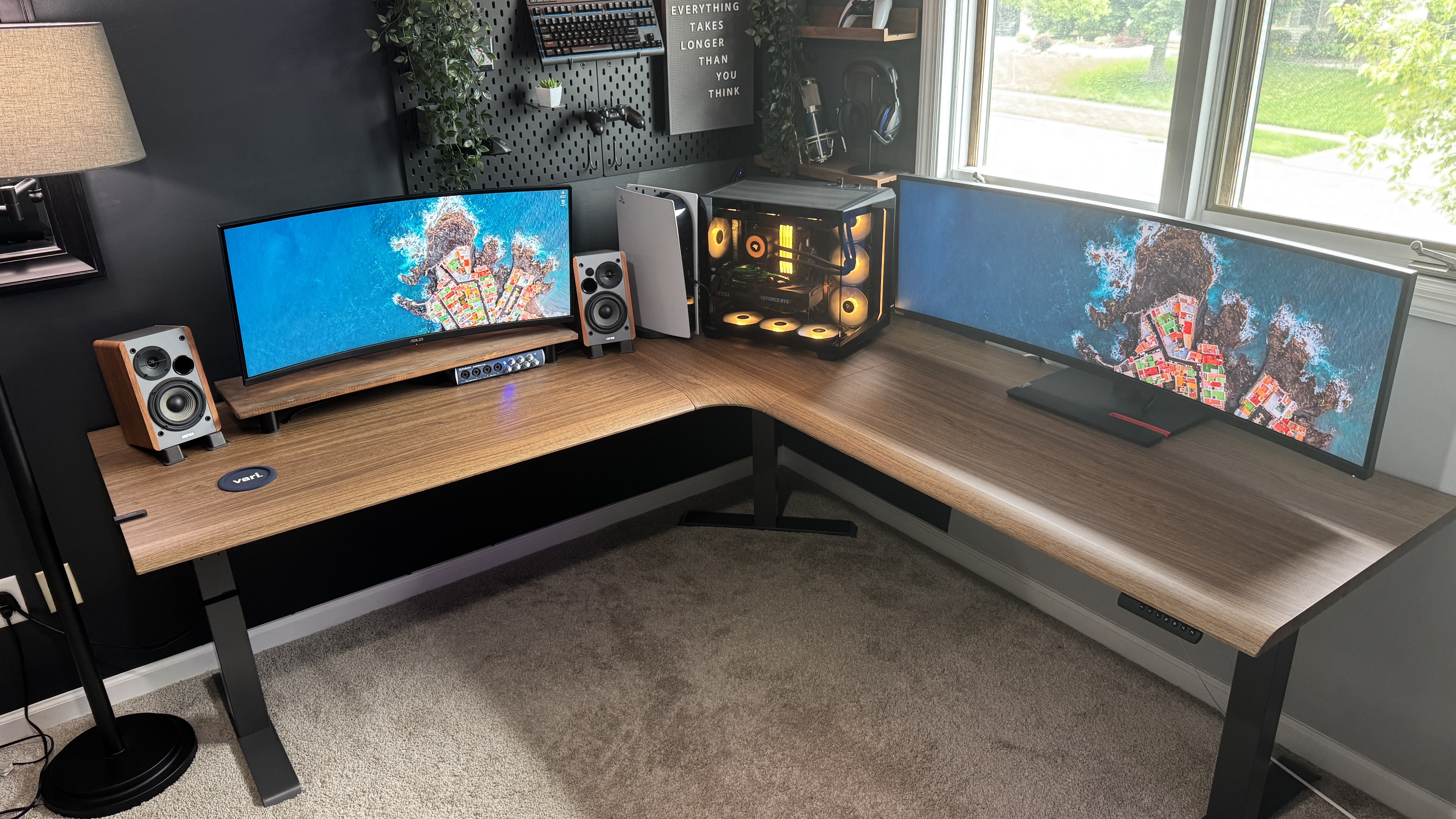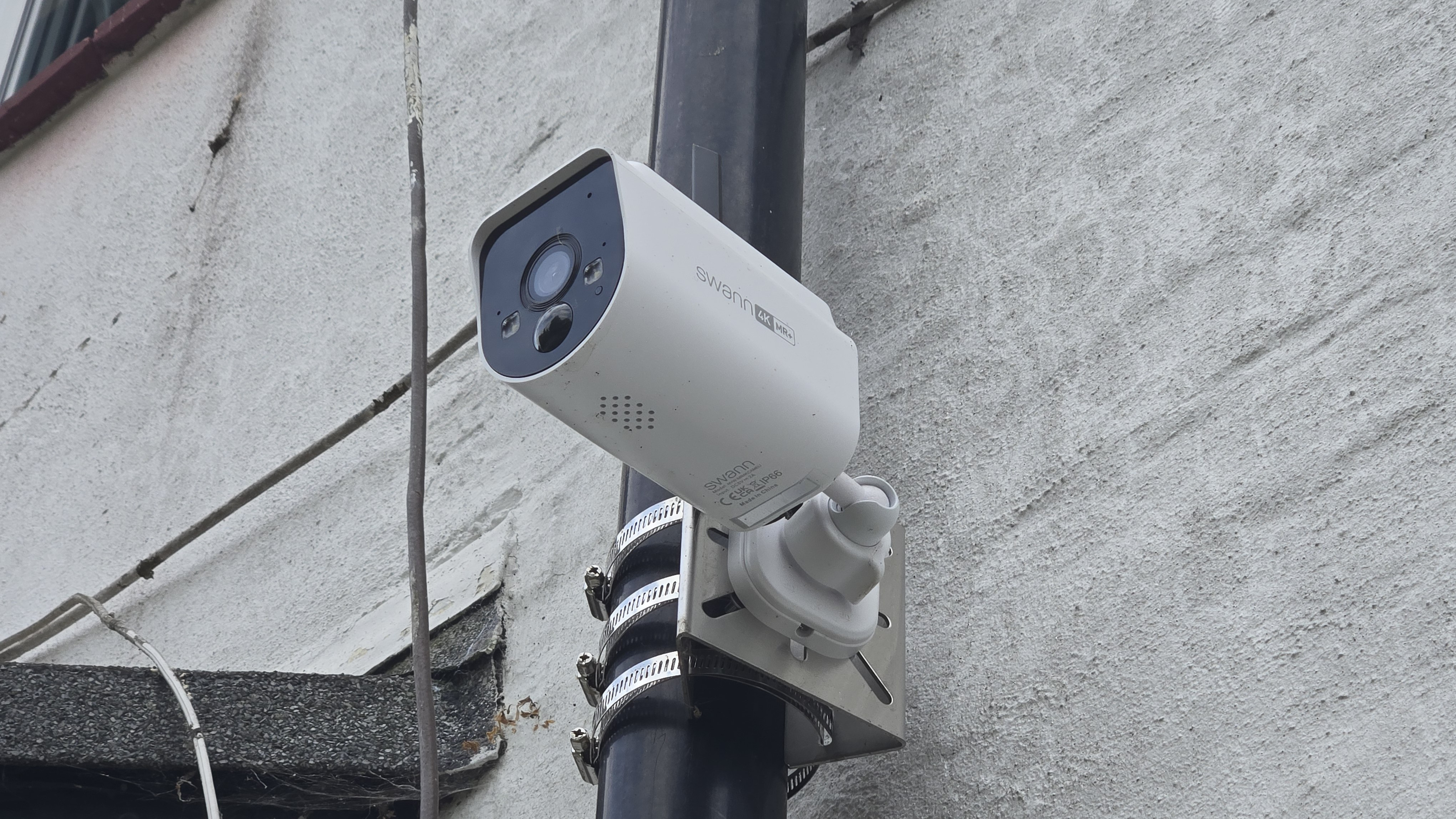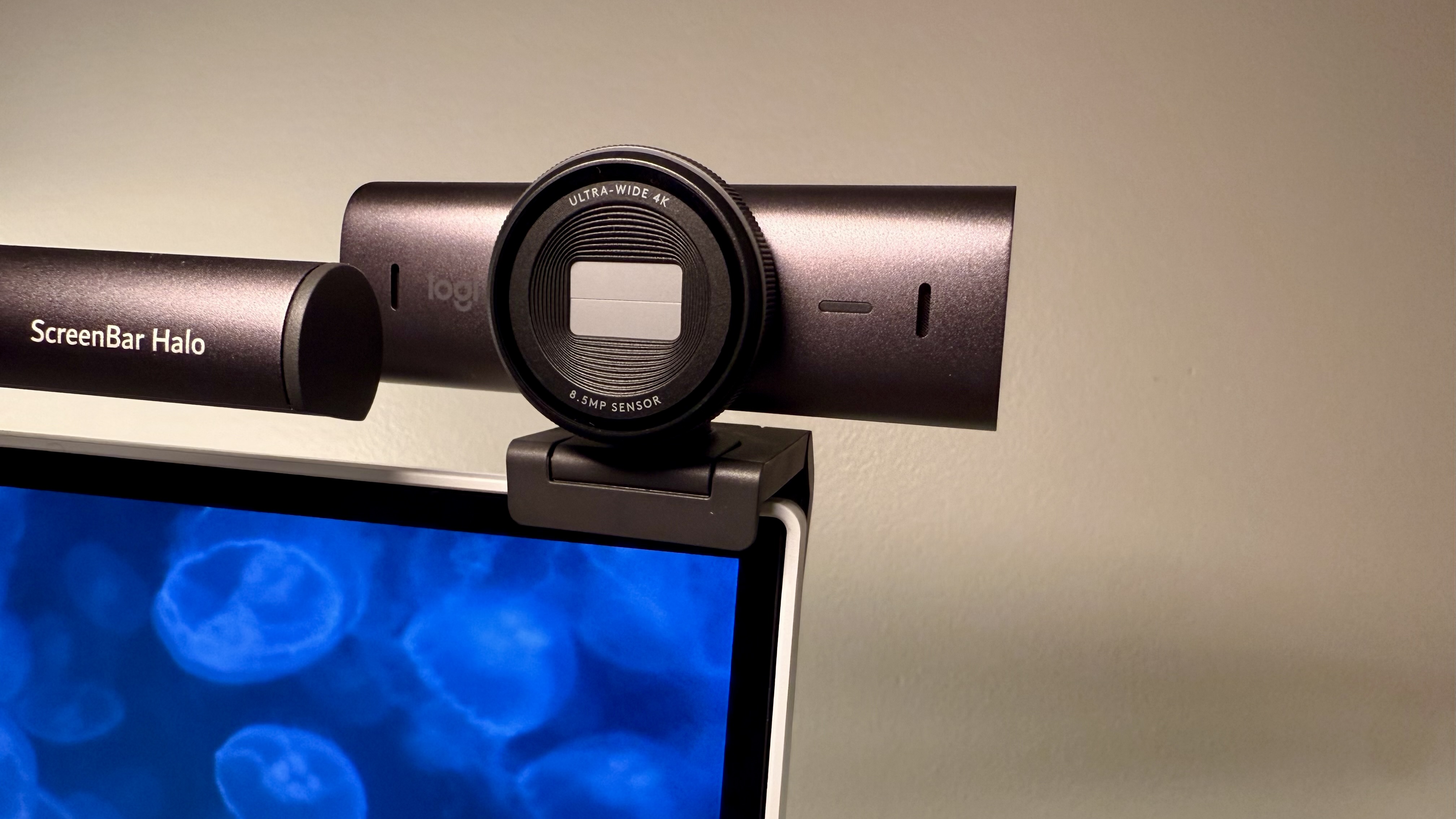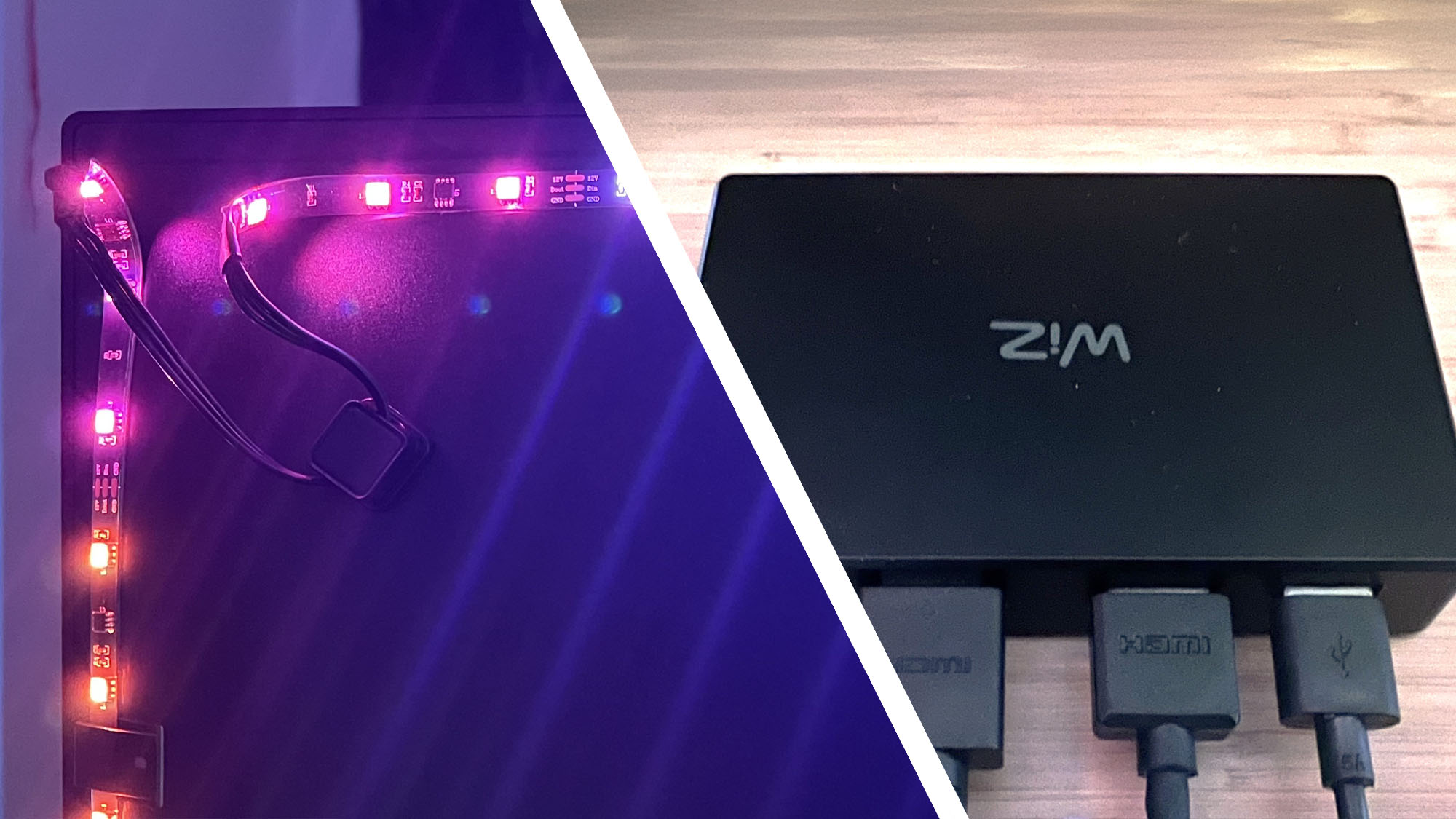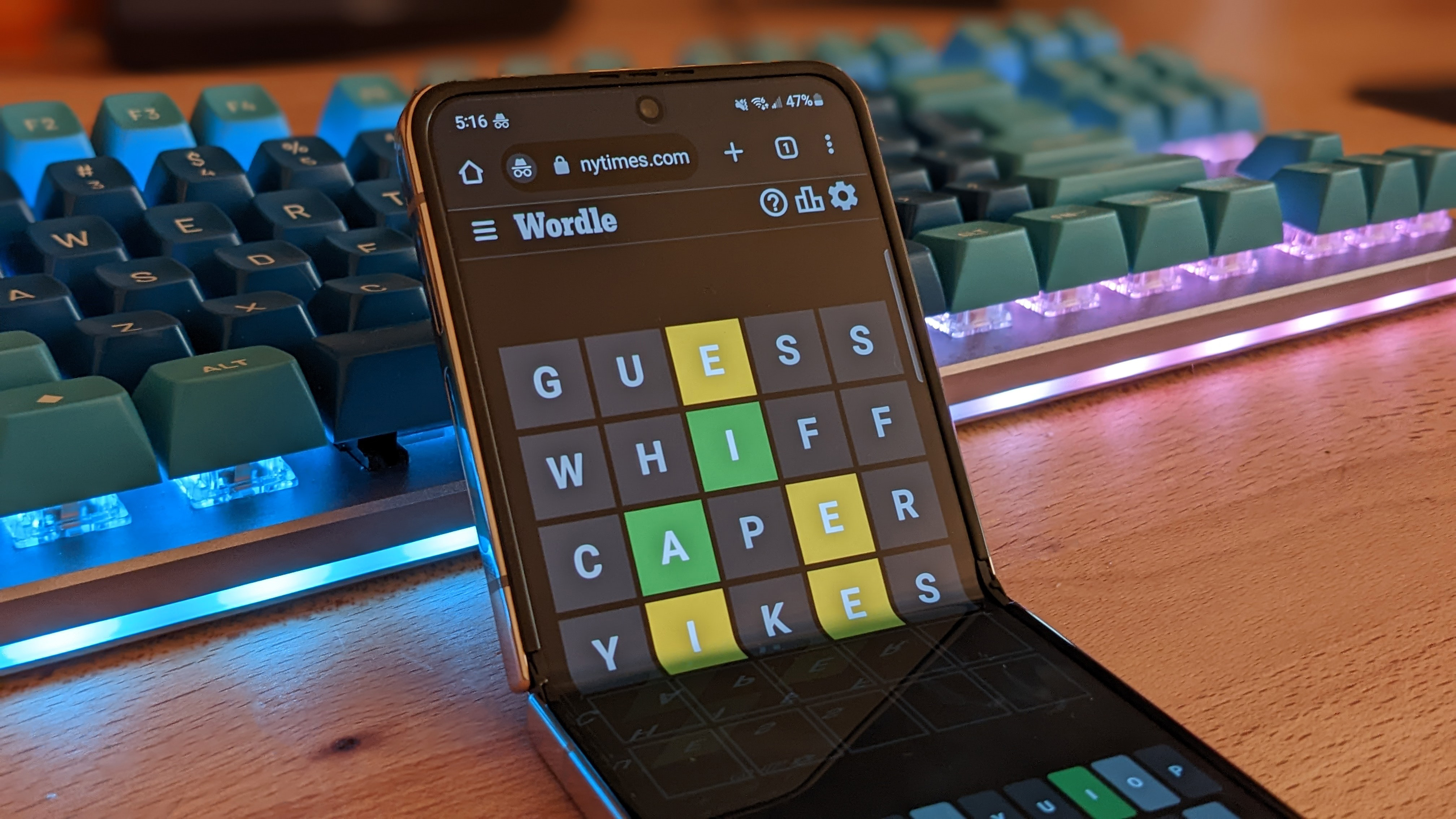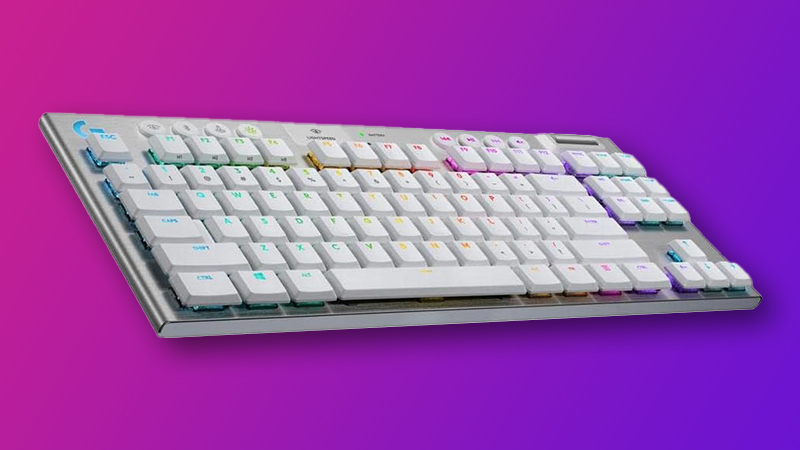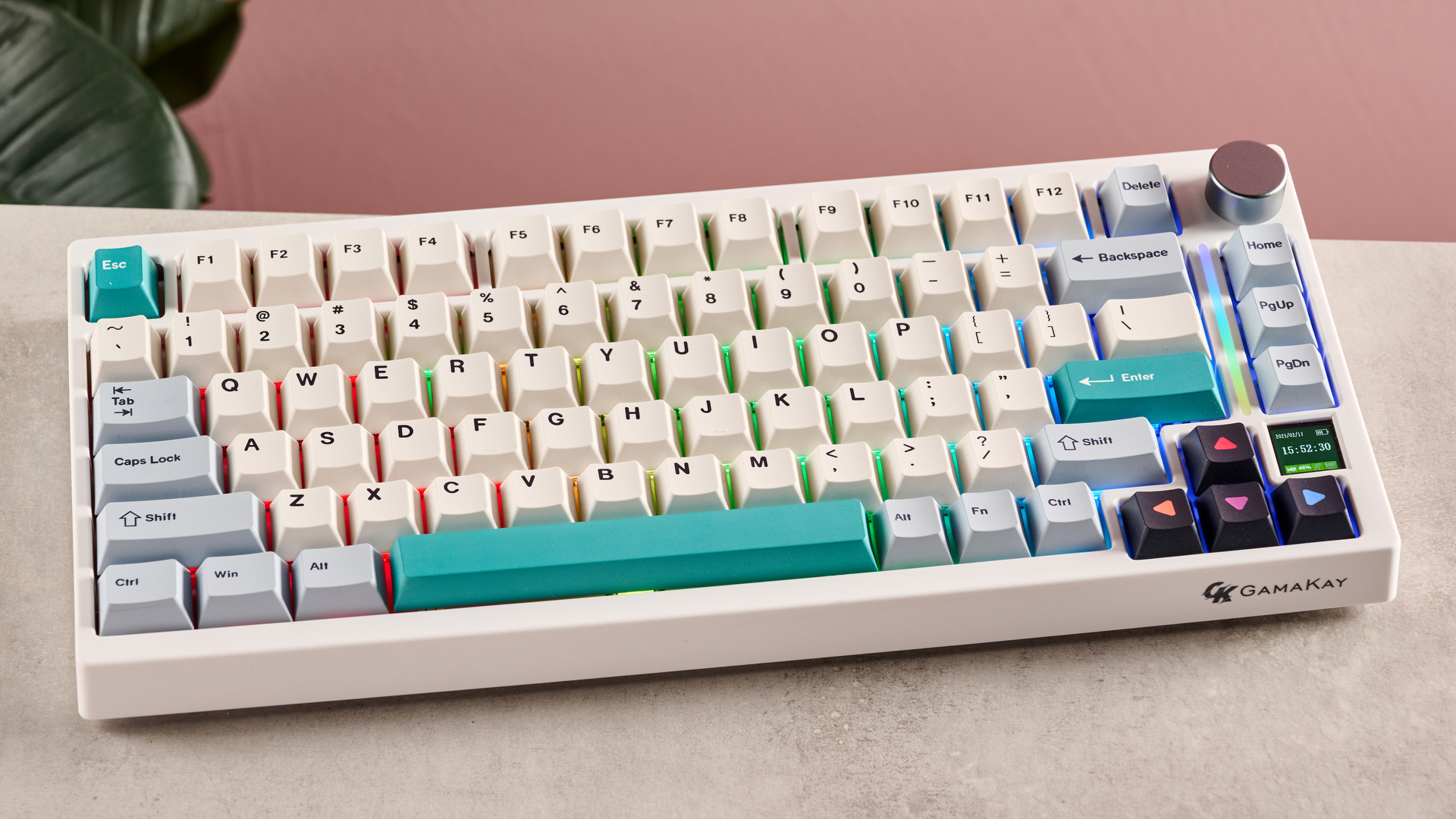You need to be careful when buying new vinyl – the digital music loudness war can mean they sound worse than second-hand records
For vinyl buyers, some remasters can be a downgrade, not an upgrade

Some of the most-wanted vinyl releases aren't new records; they're remastered versions of old favorites. But those remasters might not sound as good as you hope even when played on the best turntables – and in some case they might actually sound worse than the originals.
Remastering – creating a new master copy of the record that's then copied to discs and/or digital – is commonplace because it's a great way for record companies to sell you a record all over again. And it's catnip for music fans, because it promises to take an album you already adore and make it even more magical.
With a lot of old music, remastering really does deliver a massive improvement, so for example it can give you the clarity and low-end thump that's often lacking from early rock records because not everyone making music or playback kit really knew what they were doing back then. But for some remasters, it might be wise to wait until others have taken the plunge before deciding if you want to sign up.
It's all about the loudness war. If you've heard of it, you've probably heard of it in the context of digital music: CD, and more recently digital files. It existed before digital, but it was more of a skirmish until digital formats entered the battlefield.
The loudness war is what you get when records are being made to sound as loud as possible on digital formats and low-quality speakers, even if that takes all the dynamics out of the performance. And while vinyl is an analog medium, not a digital one, that doesn't mean it can't be collateral damage.
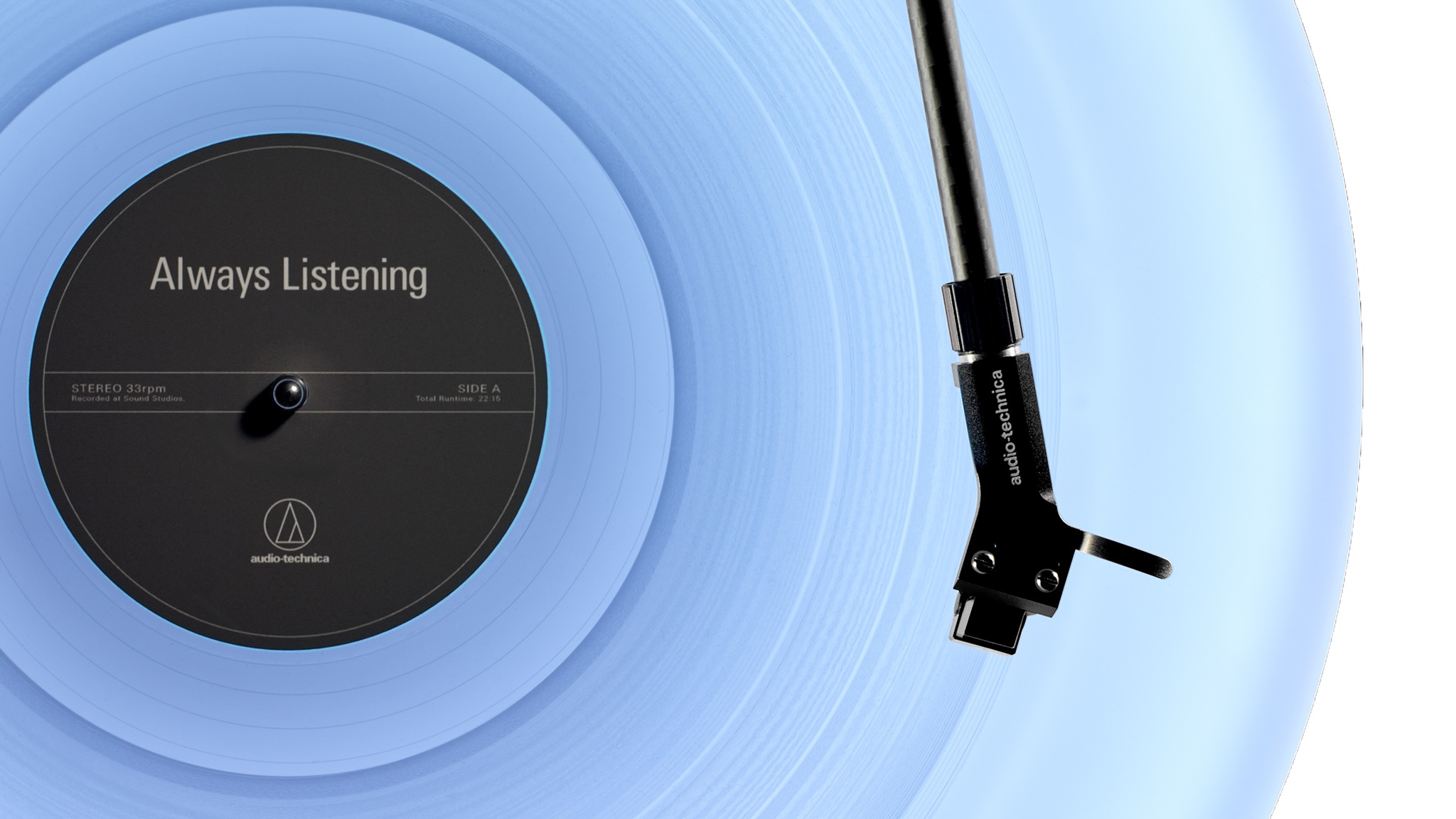
1, 2, 3, 4, I declare a loudness war
In a fascinating post, Jeff from Magic of Analog, Vinyl, Digital and Spatial Sound sets out the issue: some vinyl releases have been made from master copies that were created for a digital release, and that can be a problem.
Making vinyl records is as much of an art as a science, and there are physical limits to what you can do – so for example, if the bass is boosted too much in the recording, when that translates into the etching on the record, the needle can move so much it bounces out of the groove on some turntables, particularly cheaper ones.
With digital, that's not a problem, so when the song's being mastered the bass can turned way up – and that's fine… unless you then use that digital master to make the vinyl version.
The key weapon in the loudness war is compression, which reduces the dynamic range of music. Dynamic range is the distance between the loudest bits and the quiet bits, and it's what makes music breathe; artists use dynamics to make their music more involving. To paraphrase Spinal Tap, if everything's turned up to 10, where do you go from there?
Compression can turn it up to eleven and keep it there.
Used judiciously, compression can make a song sound better, and more punchy. But too much of it can create a wall of volume, and that's something you hear every day: it's why ads on TV are so loud, because they're heavily compressed so they'll get your attention.
In music, if you overcook things too much you get Californication.
How to avoid catching Californication
When the Red Hot Chili Peppers released Californication in 1999, it sounded dreadful – and the band will almost admit that now. "When it comes on the radio you want it to be the loudest thing that comes on," drummer Chad Smith told SiriusXM about the "too hot" mastering.
Producer Rick Rubin got mastering expert Vlado Mello to achieve exactly that. The resulting album was indeed the loudest thing that came on the radio. But it also sounded distorted. "Audiophiles were getting upset about it," Smith admitted.
Audiophiles were right to be. What's mastered to sound massive on a cheap radio (or in a more modern sense, on tinny laptop or smartphone speakers) is not being mastered to sound good on a McIntosh system or even something as good as a pair of AirPods Pro 2, and when you listen to it on decent kit it can be positively painful, tedious and tiring.
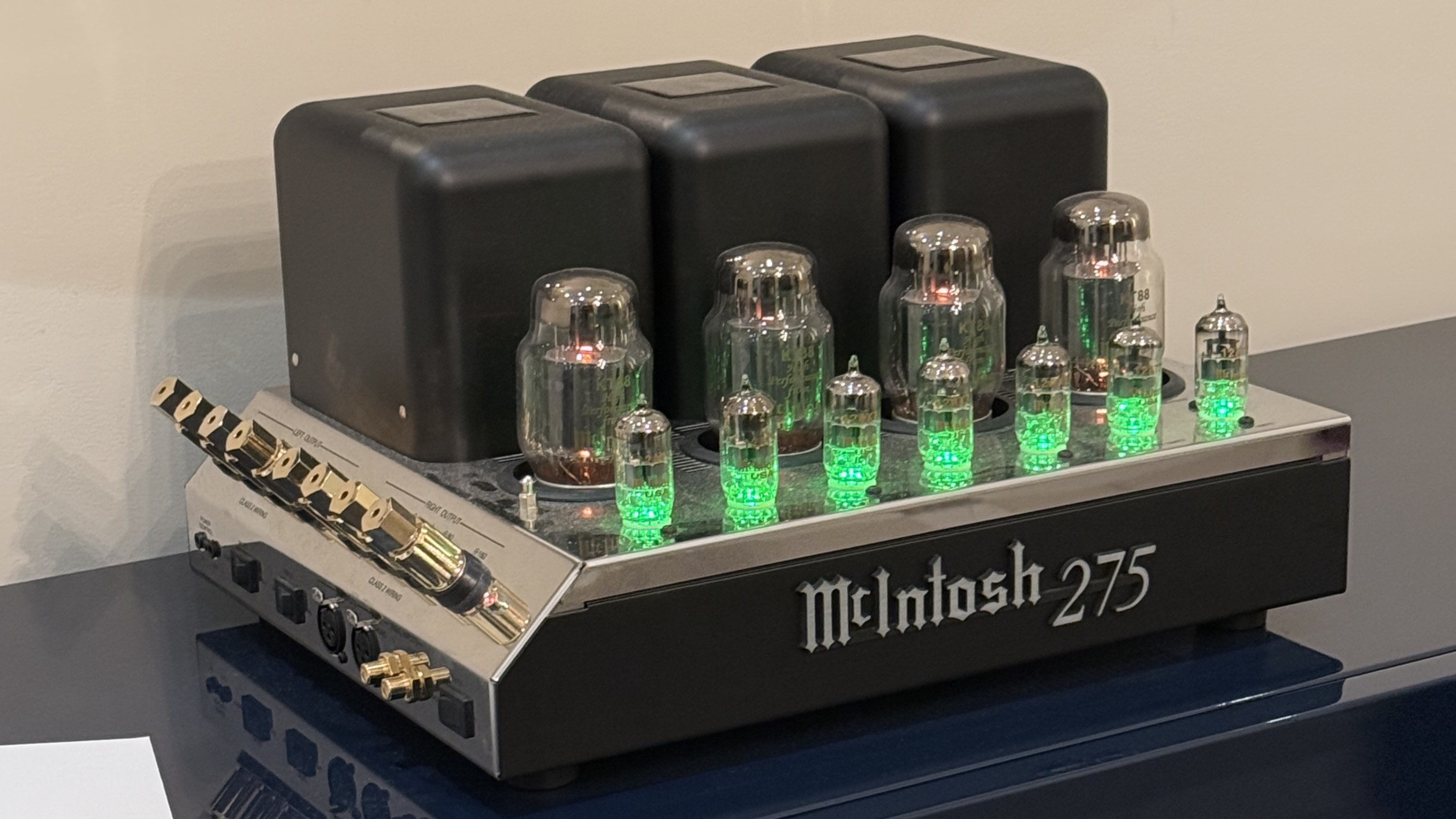
There's a lot of music out there that's been given the loudness war treatment since its original release. Jeff uses Prince's Purple Rain as an example, comparing the waveforms of the CD master with the 2015 remaster. The former looks like a song with lots of dynamics, and sounds that way too: it ebbs and flows like rainfall. The latter is like being thrown off Niagara Falls.
Jeff says the same applies to some remastered records by Bruce Springsteen, David Gilmour, Norah Jones and others – although some genres such as jazz, blues and classical are pretty safe for loudness pacifists.
What does this mean for vinyl buyers? The short answer is: it depends. There are some absolutely astonishing remasters out there – The Beatles' 2014 remasters are rightly regarded as masterpieces, pun fully intended – and remasters that are made specifically for vinyl are usually approached with respect rather than a desire to assault your eardrums unless, of course, that was the artists' intent.
The ones to watch out for aren't the audiophile editions, the reverent restorations. They're the cynical cash-ins made from masters that were only ever destined for digital. Know your enemy – and be careful out there.






